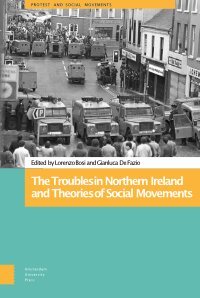By Barney Afako, Orzala Nemat, Emadeddin Badi, Mary Fitzgerald, Ronald C.Slye and Srinjoy Bose
Transitional justice is a well-known area of theory and practice, but rarely are its central teachings applied as part of a negotiated conflict resolution strategy vis-à-vis “violent extremist” or jihadist groups. This new IFIT publication encompasses three original case studies on the issue. The case studies cover: 1) peace talks between the the Ugandan government and the Lord’s Resistance Army (LRA); 2) pre-2011 negotiations between the regime of Muammar Gaddafi and the Libyan Islamic Fighting Group (LIFG); and 3) post-2001 transitional justice and peace efforts in Afghanistan in relation to the conflict with the Taliban. Our research on “violent extremism” and transitional justice also involved the development of an original policy framework that draws on these three cases as well as earlier research published in partnership with UNU-CPR. Overall, this research underscores why negotiation cannot be discounted as an option with “violent extremist” groups, and how creative applications of transitional justice have the potential to make any negotiated deal not only more achievable, but also more legitimate.
Barcelona: Institute for Integrated Transitions, 2020. 204p.






